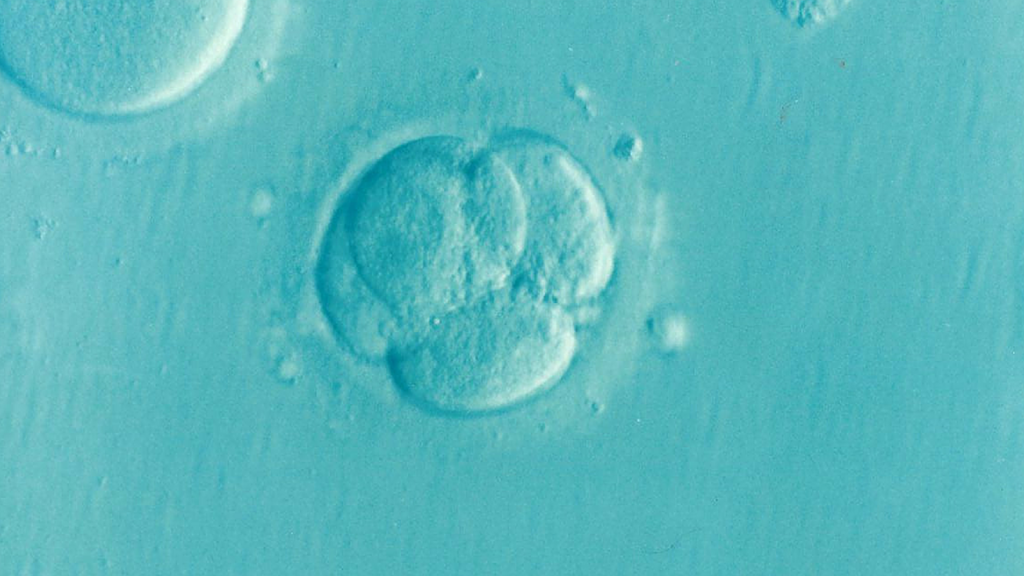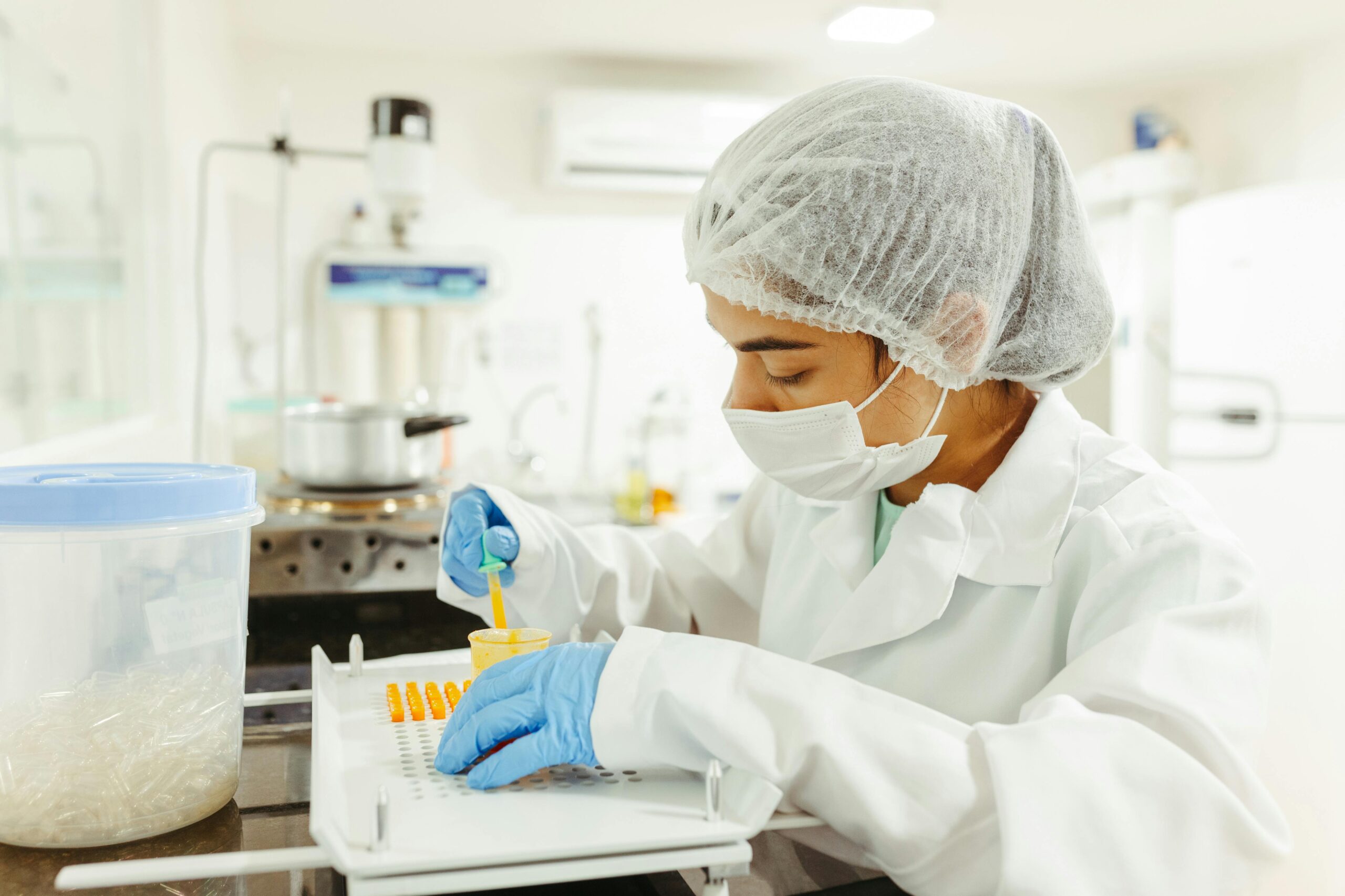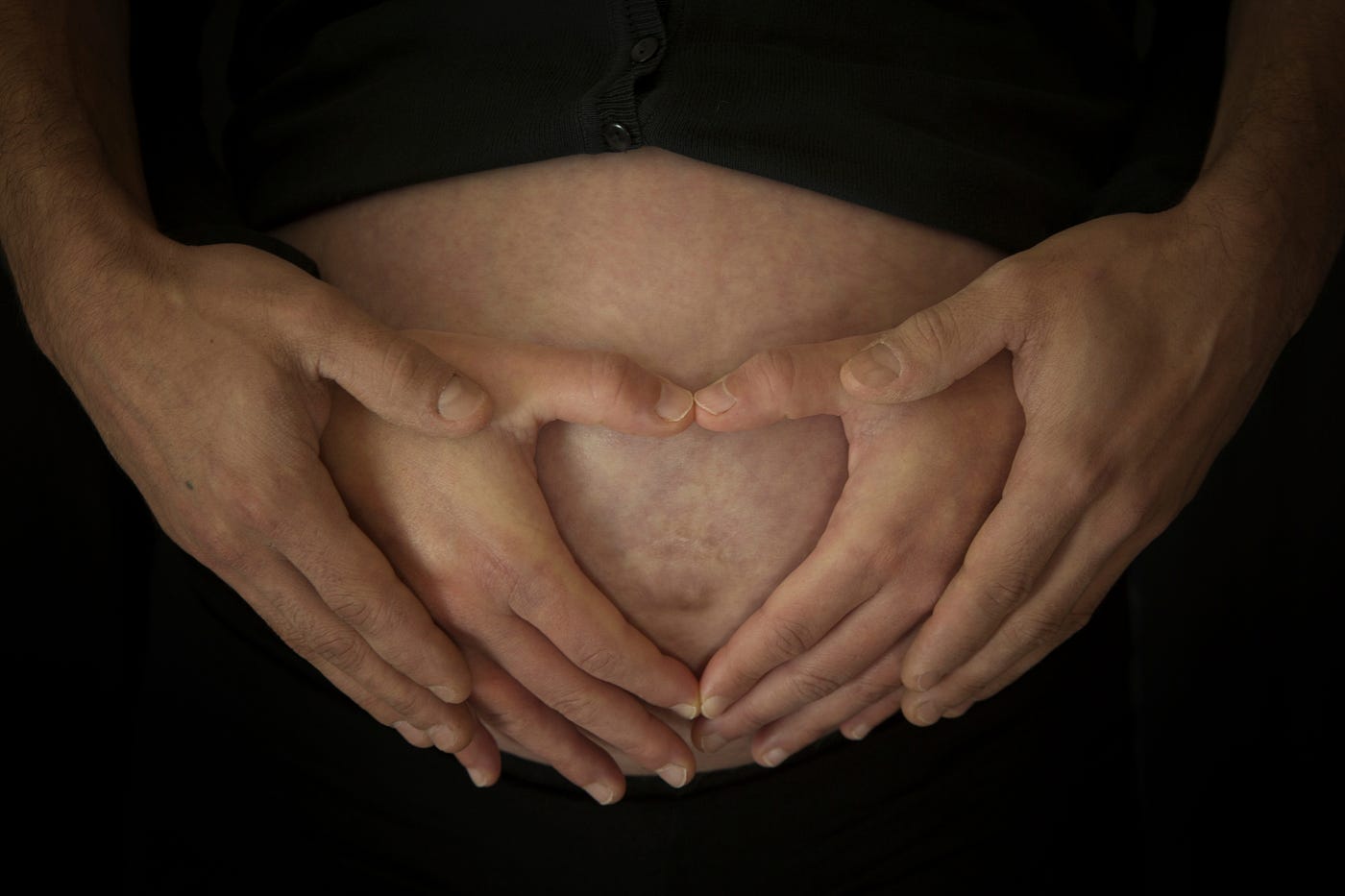In vitro fertilization (IVF) is a remarkable advancement in reproductive technology, offering hope to countless couples struggling with infertility. This process involves stimulating the ovaries to produce multiple eggs, which are then fertilized with sperm in a laboratory setting. The resulting embryos are cultured for a few days before being transferred to the uterus. Often, more embryos are created than needed for a single transfer, leaving couples with the decision of what to do with the remaining embryos.
Making informed decisions about these remaining embryos is crucial, as each option carries its own set of emotional, ethical, and practical considerations. At Joy of Life, we are here to help you understand these options and their implications while navigating the complex aspects of your IVF journey with greater clarity and confidence.

Option 1: Discarding Embryos
One option for handling the remaining embryos is to discard them. This choice can be emotionally and psychologically challenging for many couples. You may struggle with feelings of loss or guilt, and it’s important to acknowledge and process these emotions. The process of discarding embryos typically involves thawing them, which renders them nonviable. Clinics have specific protocols for this process, ensuring it is handled respectfully and ethically. While this option allows you to move forward without the responsibility of additional embryos, it also requires careful consideration of the emotional impact.
Option 2: Using Embryos for Future Pregnancies
Another possibility is using the remaining embryos for future pregnancies. This option is ideal for couples who are considering expanding their family in the future. It involves evaluating family goals, readiness for more children, and the process of future embryo transfers. According to Elite I.V.F, success rates for embryo transfers can vary but generally offer a good chance of pregnancy. Speak with a fertility specialist to understand the likelihood of success and the potential risks involved. This choice allows you to keep your family-building options open, providing flexibility for future plans.
Option 3: Donating Embryos to Another Couple
Donating embryos to another couple is a generous and life-changing option. The donation process involves thorough medical and psychological screening to ensure the suitability of the embryos and the donating couple. Legal and ethical considerations are paramount, as the process involves transferring parental rights to the receiving couple. Emotionally, this option can be fulfilling, as it allows the donating couple to help another family achieve their dream of parenthood. However, careful consideration of the emotional implications for both the donating and receiving families is also required. Open communication and support are crucial throughout this process.
Option 4: Donating Embryos to Scientific Research
Donating embryos to scientific research contributes to important medical and scientific advancements. These embryos can be used in a variety of research areas, including stem cell research and studies on genetic diseases. The potential impact of such donations on medical progress is significant, offering hope for future treatments and cures. The process for donating to research involves finding appropriate programs and ensuring the embryos meet specific criteria. You must consider the ethical implications and make sure you feel comfortable with the idea of your embryos being used for research. This option provides a way to contribute to the greater good and support scientific discovery.
Option 5: Compassionate Transfer
Compassionate transfer involves placing the embryos in the uterus at a time when pregnancy is unlikely, allowing the embryos to pass naturally. Some couples choose this method as a way to honor the potential life of the embryos and achieve emotional closure. Reasons for choosing compassionate transfer vary, but it often provides a sense of peace and completion. The emotional and psychological benefits of this option can be significant, offering a respectful way to say goodbye to the embryos and move forward.

Factors to Consider When Making a Decision
Consult with Professionals
Making a decision about the remaining embryos can be a challenging and complex process. Consulting with fertility specialists and psychologists is the best way to gain professional insights and support. These experts can help you understand the implications of each option and navigate their emotions and concerns.
Ethical and Moral Considerations
Reflecting on your personal beliefs and values is an integral part of the decision-making process. Each person’s ethical and moral framework will influence their choice, and it’s important to consider these factors deeply. Societal and cultural influences may also play a role in shaping perceptions and decisions about the remaining embryos. Open discussions with your partner and family members are also crucial. Sharing thoughts and feelings openly can help align everyone’s perspectives and ensure the decision reflects your family’s shared values and goals.
Choosing the Best Option for Your Family
As you can see, Joy of Life has several options for handling remaining embryos after IVF, each with its own set of considerations. Whether it’s discarding, using for future pregnancies, donating to another couple or scientific research, choosing compassionate transfer or storing indefinitely, it’s important to explore all options thoroughly. Seeking professional guidance and support can provide clarity and confidence in this deeply personal decision. The choice should align with your values as a couple so you can ensure you move forward with peace of mind.

Are You Considering IVF? Learn How Joy of Life Can Support You and Your Family
At Joy of Life, our commitment to compassionate care extends to every step of your journey towards parenthood. With a focus on a people-first approach, we provide unwavering support and guidance, respecting your choices and aspirations. Whether you’re exploring IVF or considering surrogacy, our dedicated team is here to empower you with information and support. Contact us today to start a conversation about how Joy of Life can help support your expanding family through IVF or surrogacy.










